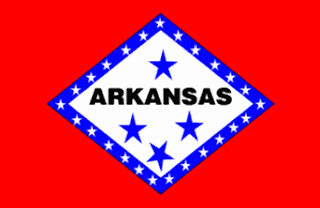 According to the June 14, 2011 edition of Women’s Wear Daily, the well-known Pakistan based global ecommerce site Tradekey, is facing a lawsuit by four brands of the leading luxury goods group Compagne Financiere Richémont (Chloe SAS, Alfred Dunhill, Montblanc Simplo, and Officine Penerai AG). The lawsuit alleges that the firm knowingly sold counterfeit replicas of the four Richémont brands through unauthorized sellers manufacturers, suppliers, and distributors on its website. Furthermore, the complaint also alleges that Tradekey.com has “designed itself for counterfeiters” by encouraging and attracting the sale of “replica” goods and bogus merchandise.
According to the June 14, 2011 edition of Women’s Wear Daily, the well-known Pakistan based global ecommerce site Tradekey, is facing a lawsuit by four brands of the leading luxury goods group Compagne Financiere Richémont (Chloe SAS, Alfred Dunhill, Montblanc Simplo, and Officine Penerai AG). The lawsuit alleges that the firm knowingly sold counterfeit replicas of the four Richémont brands through unauthorized sellers manufacturers, suppliers, and distributors on its website. Furthermore, the complaint also alleges that Tradekey.com has “designed itself for counterfeiters” by encouraging and attracting the sale of “replica” goods and bogus merchandise.Rob Holmes, CEO of IPCybercrime.com. LLC led Richemont’s investigation and testified in court. After paying only $3,000 to become a Goldkey member, Holmes was contacted by a Tradekey representative who helped him sell his “product” listings using certain keywords and would enhance his chances of being located by those searching for fake Chloe bags.
For example, one of his Chloe ads stated ‘We work directly with the #1 factory in China for perfect mirror quality handbags.” Another one openly stated. “The quality is mirror image and looks like the real thing!”
Tradekey.com, founded six years ago, has a page rank of eight out of ten, according to google. The website claims it sells “millions of goods in over 240 countries”, handles over 10 million visitors, serves over 5 million members, and receives over 32 million page views a month.
While luxury goods are often cautious about fighting counterfeit battles, Tradekey is unique in that it is a business-to-business site, and, unlike eBay, has no VERO (verified rights owners program) to safeguard customers from fraud.
The alleged Tradekey lawsuit illustrates the pervasiveness of counterfeit activity. According to the Customs and Border Protection Bureau and the Customs and Immigration Bureau – in fiscal year 2009, there were about 15,000 seizures in the U.S. with a combined value of value of about $261 million. Of that total, about $205 million were products imported from China.
Methods to avoid counterfeit items include being aware of the products' country of origin and keeping up with recalls. However, possibly the single best way to avoid unwittingly buying counterfeit items is to buy from only licensed distributors of the product.







